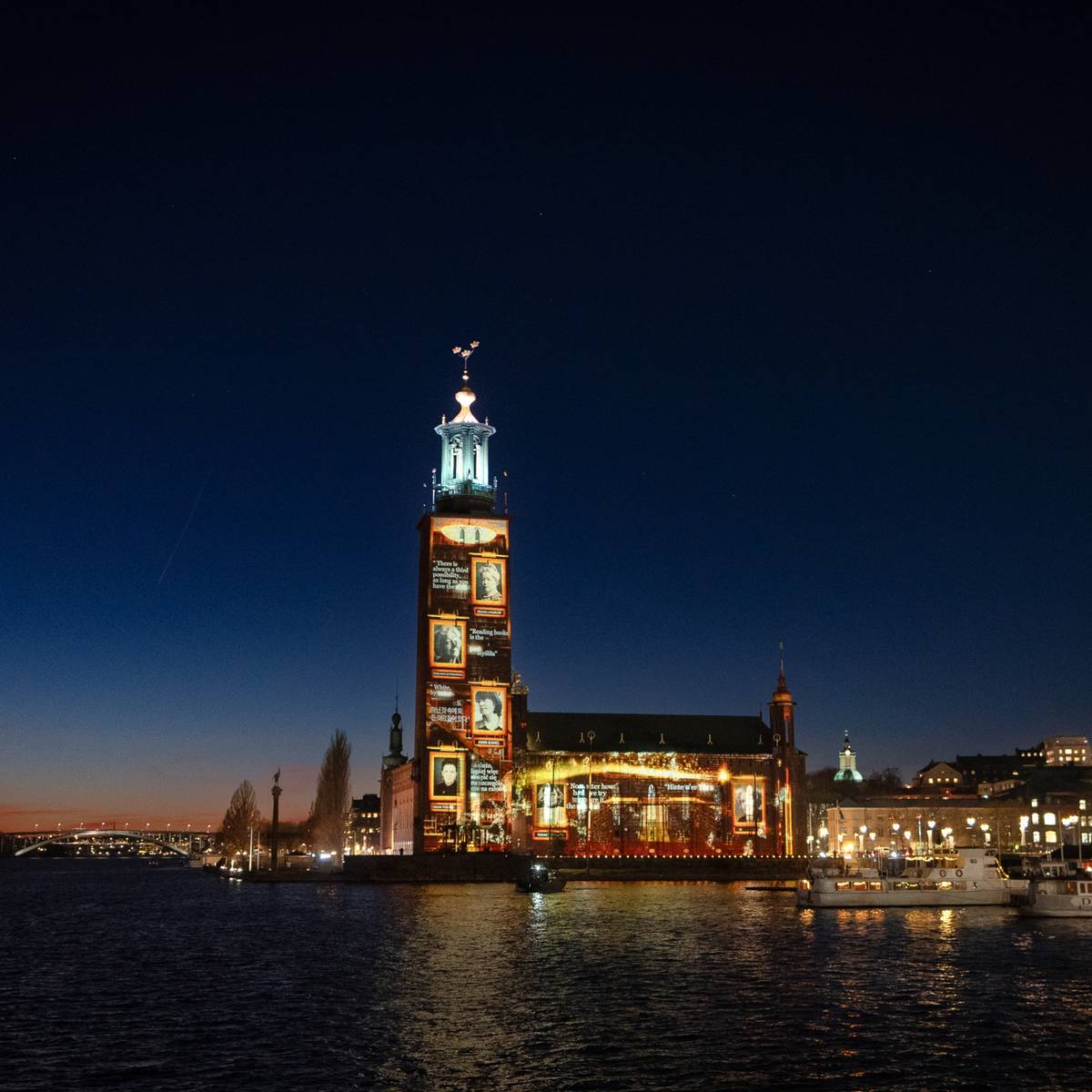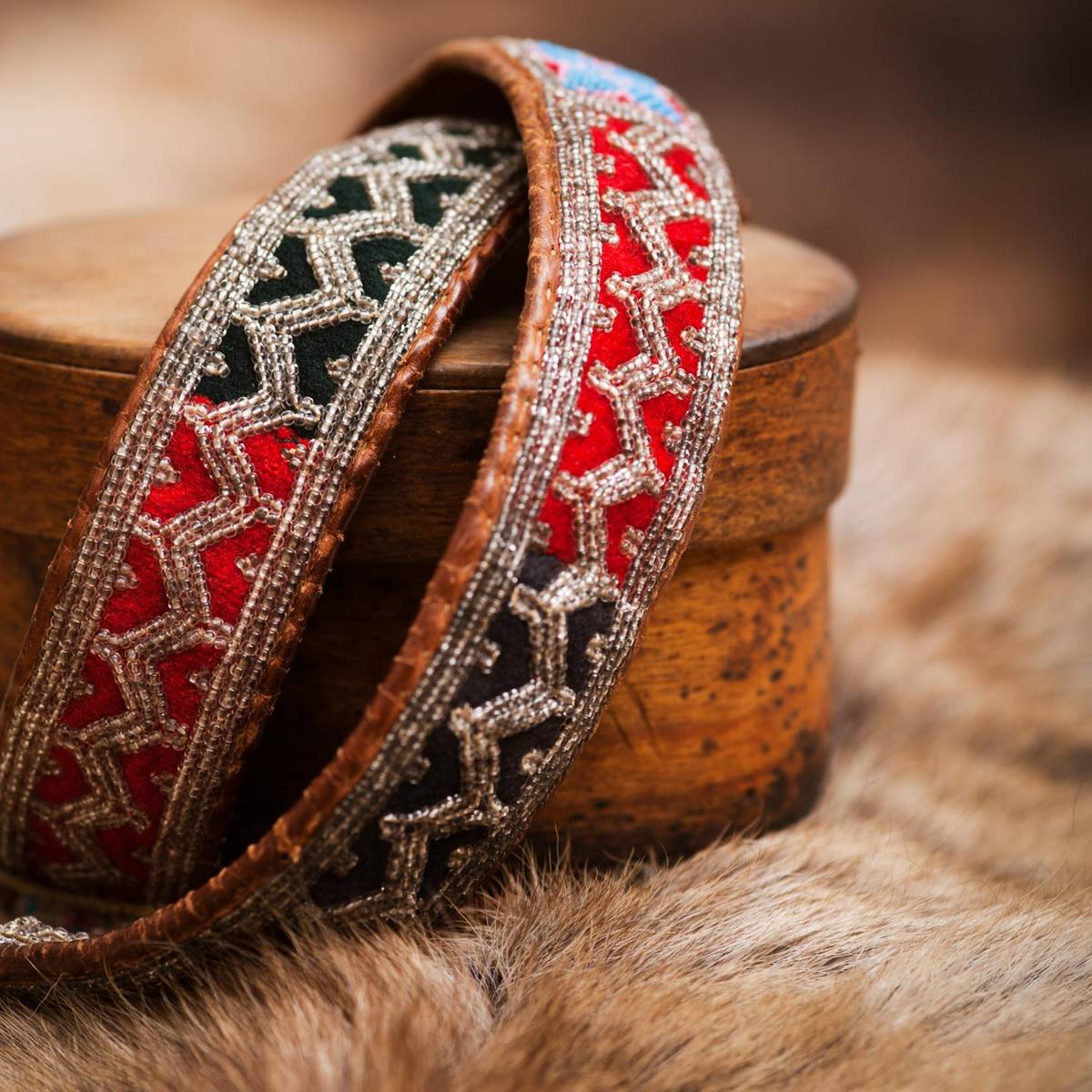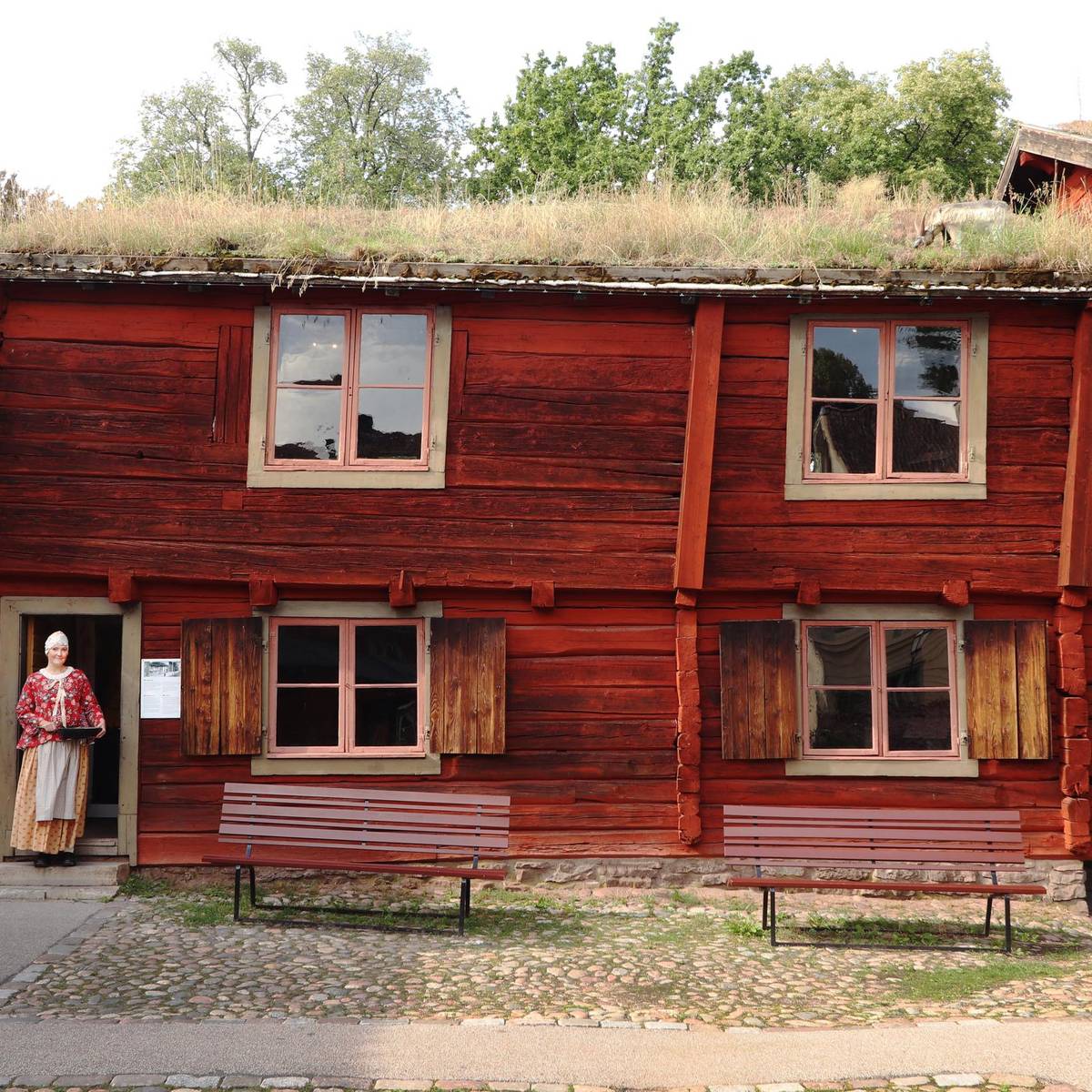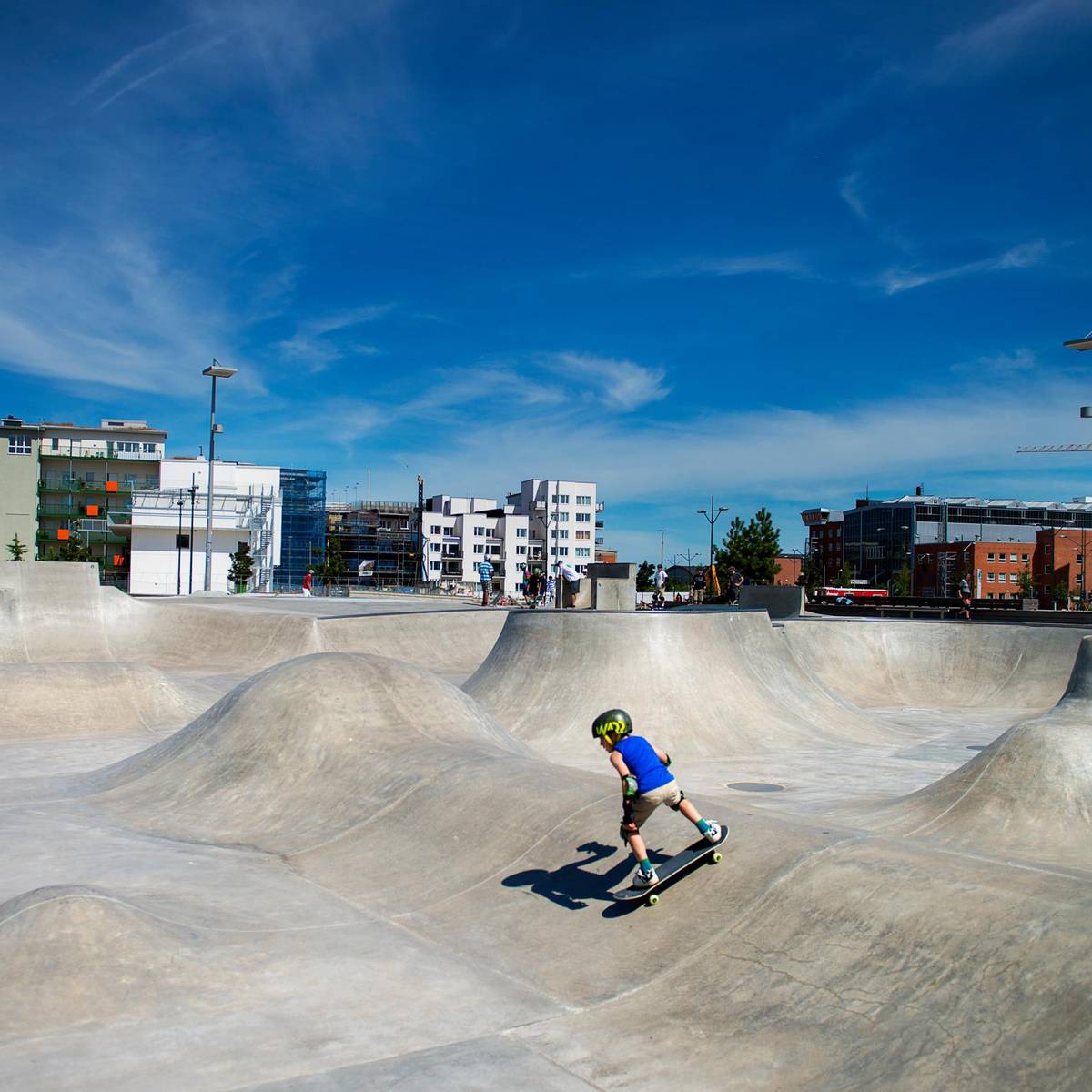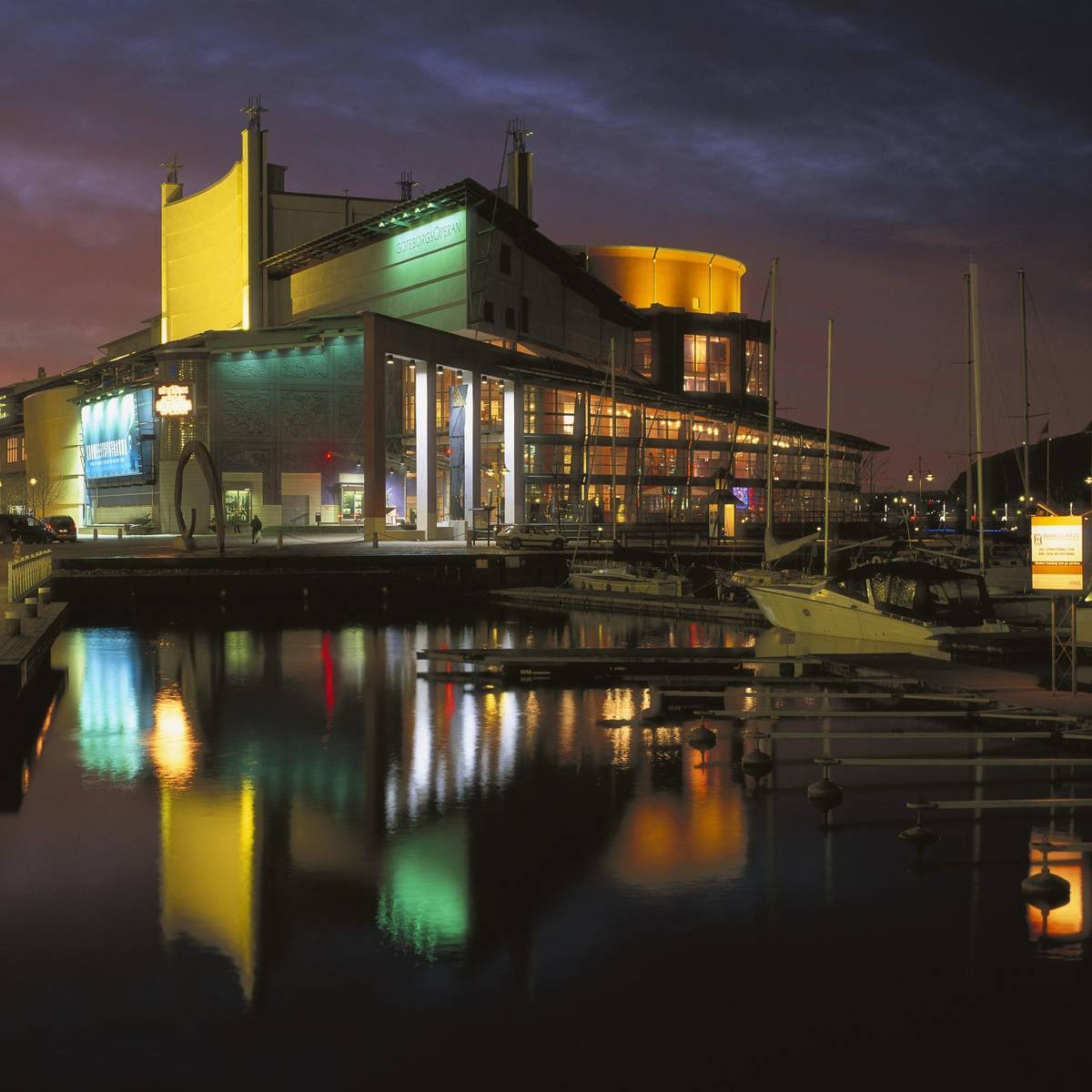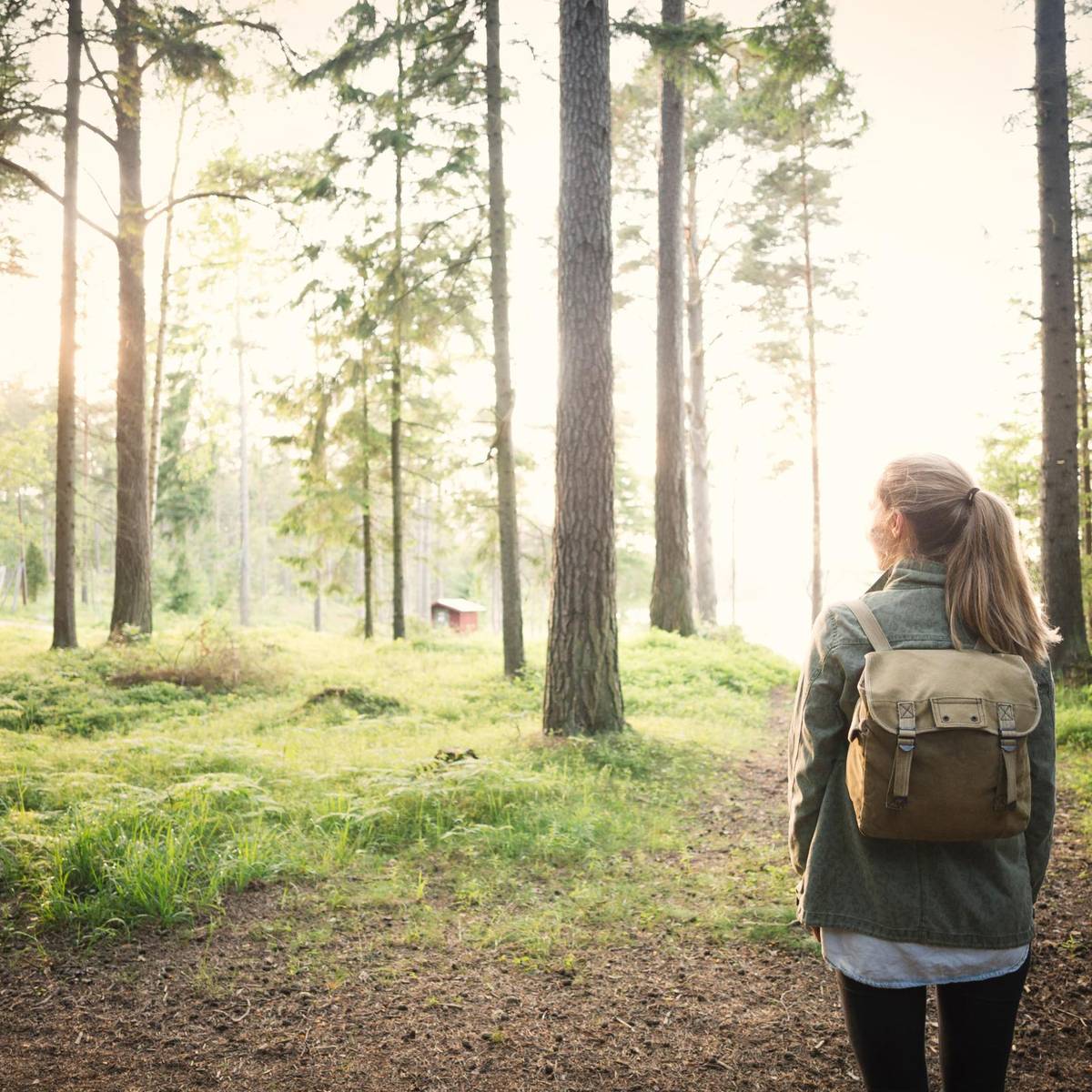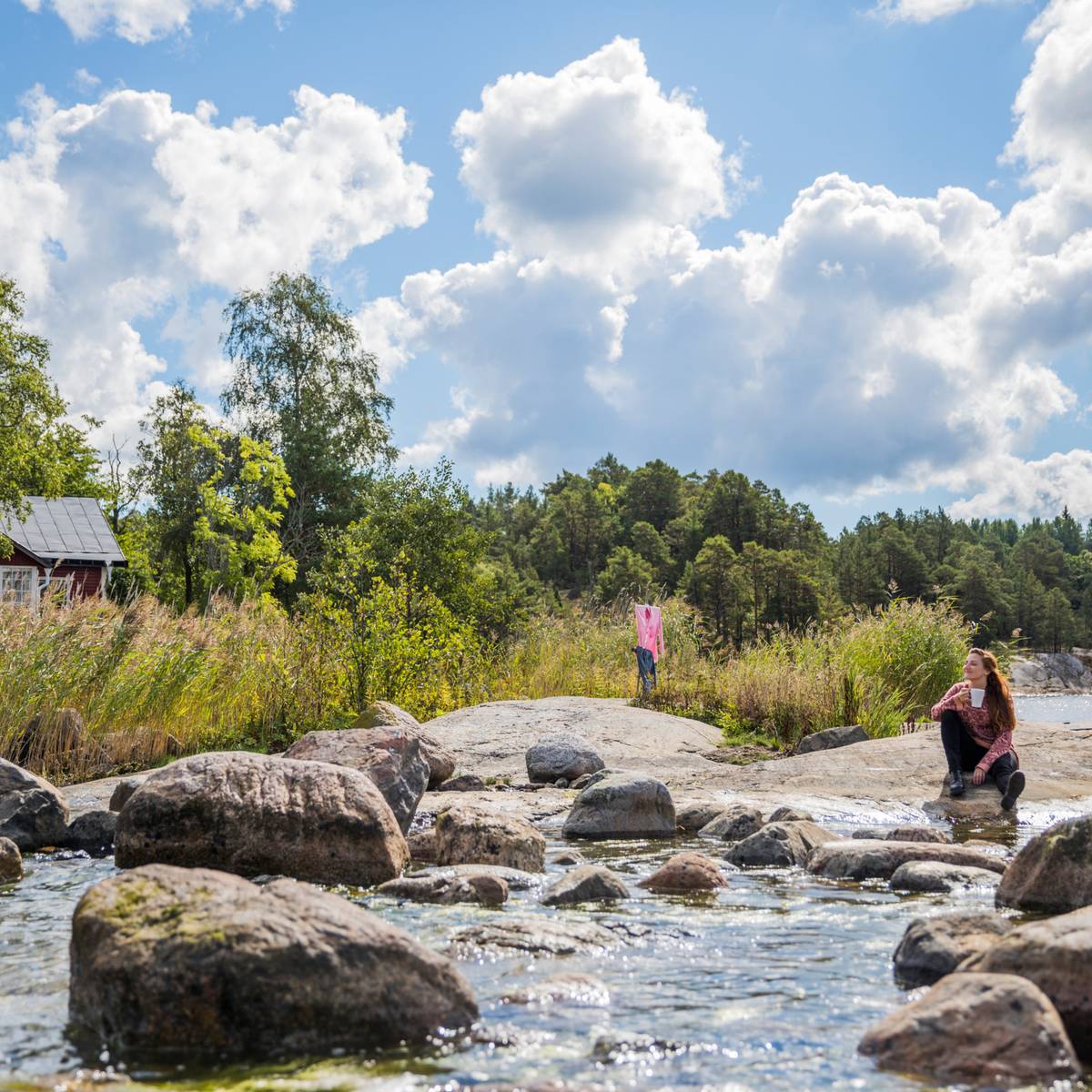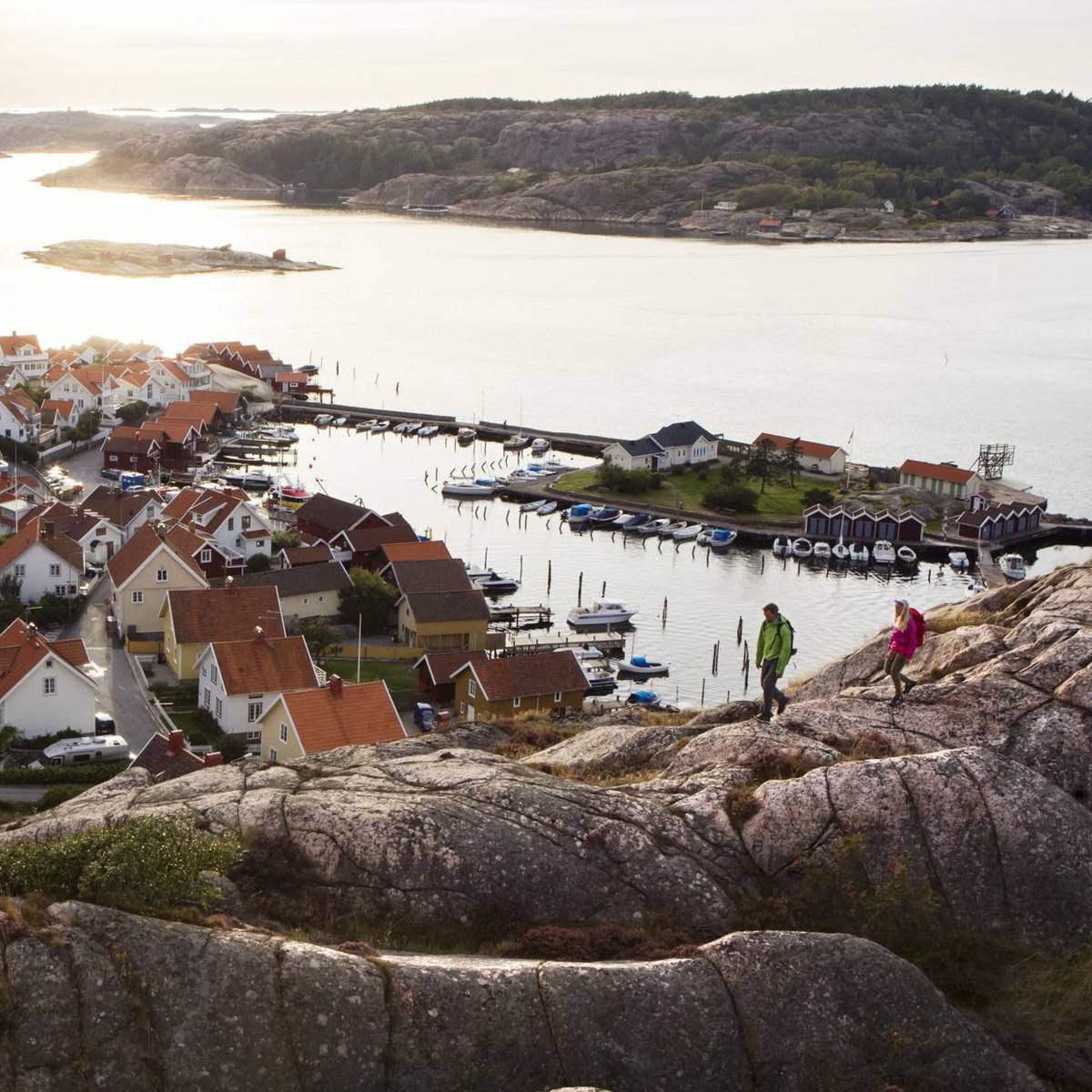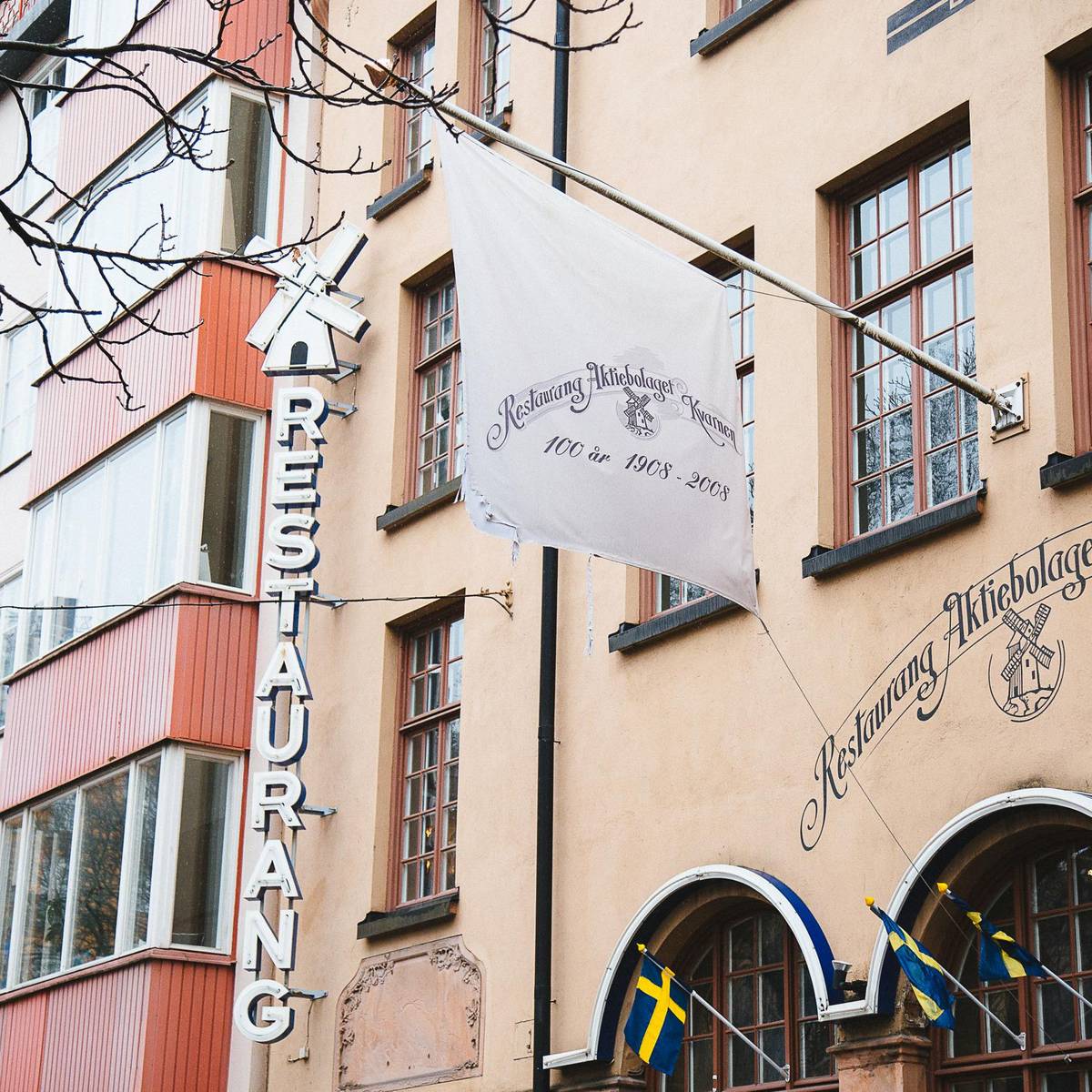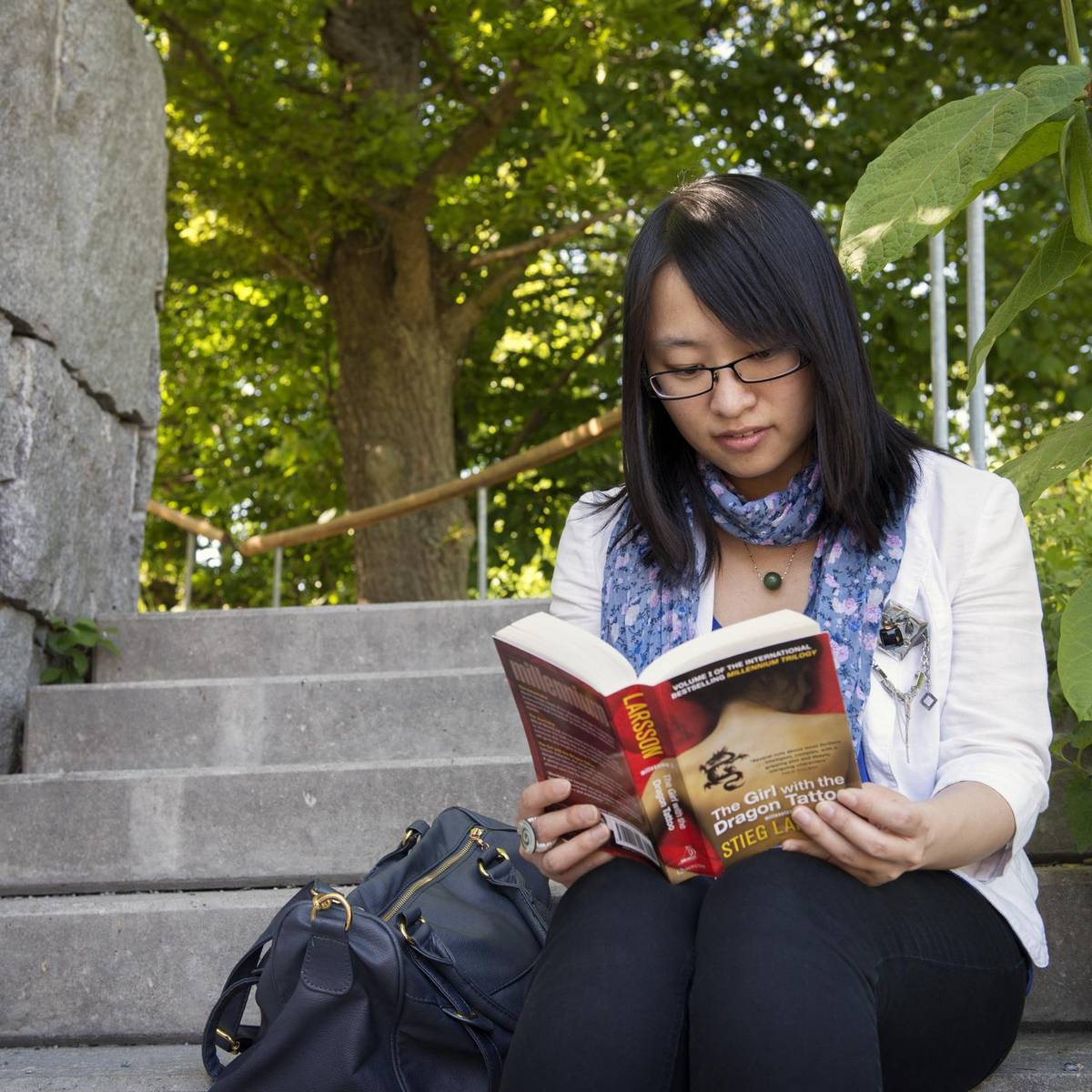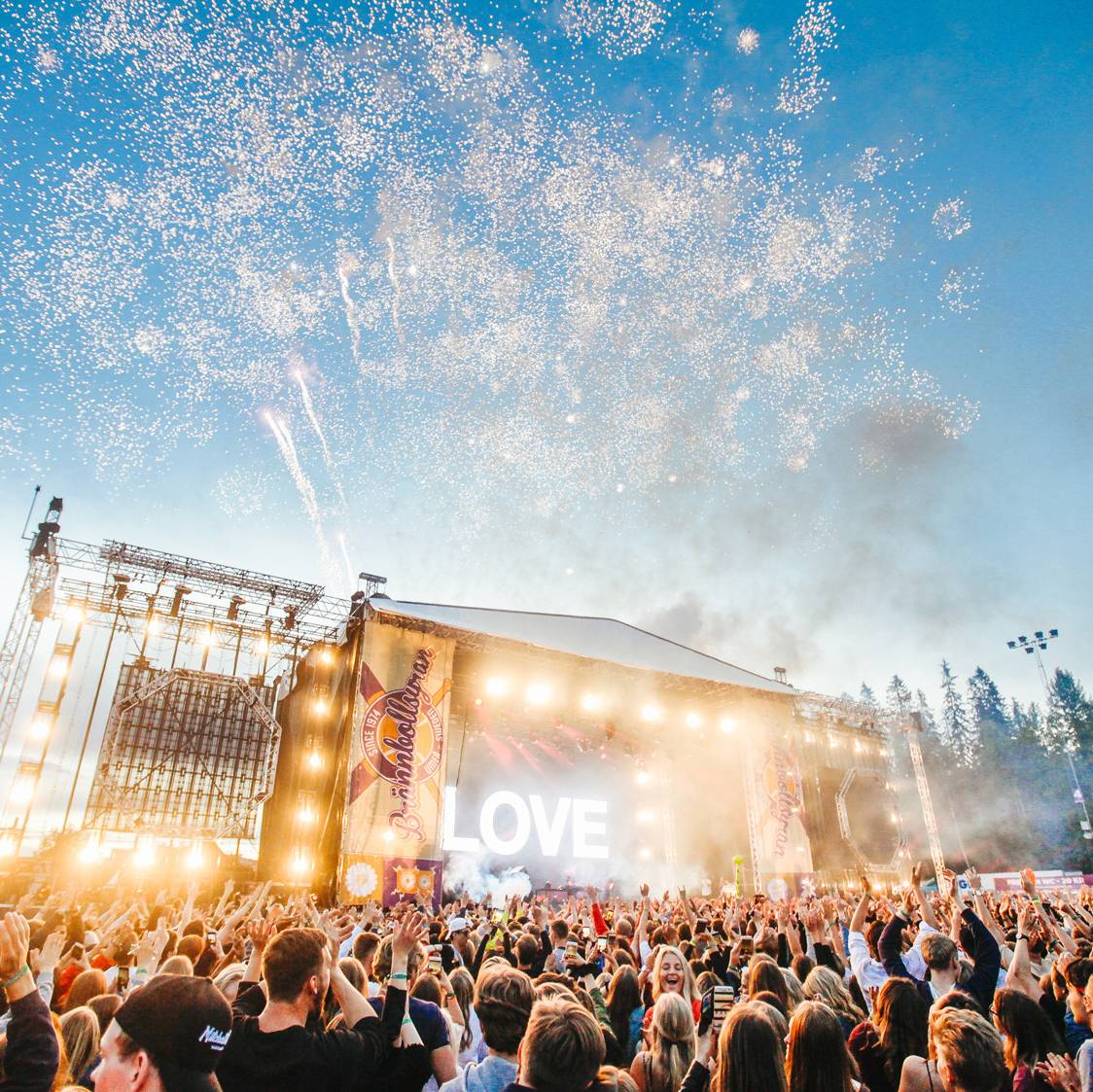
Swedish culture
Swedish culture has long been known for the accomplishments of a wide variety of artists. In modern times, many Swedes have been internationally recognized for their cultural work, among them Jenny Lind, August Strindberg, Ingrid Bergman, Ingmar Bergman and ABBA. Car designs such as Volvo and Saab have also been widely known internationally.
